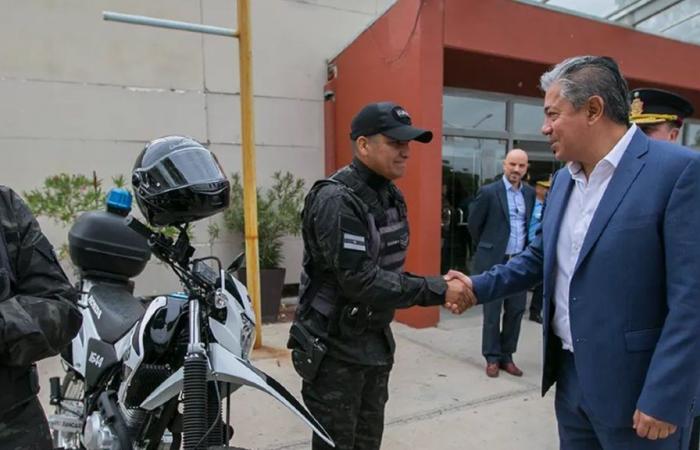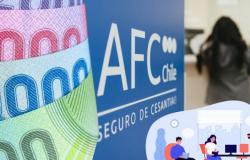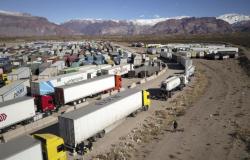Now, and largely through a leasing (lease with purchase option) from the Banco de la Provincia del Neuquén (BPN), the government will buy 401 vehicles which will also be destined for sectors such as Tourism (Hot Springs and Fauna), the second economy of the province, behind hydrocarbon production.
The purchase includes 91 cars, 132 4×4 trucks, 19 Class A van type ambulances, 10 Class A 4×4 ambulances, 12 utility vehicles, 50 19+1 minibuses and 87 motorcycles. To establish the number and type of units (whether police or hospitals), the government carried out a detailed survey of the vehicle fleet, which certainly showed deficiencies.
Of the 401 vehicles, Security will receive 240 (71 double cabin 4×4 trucks, 82 cars and 87 motorcycles); while Health will receive 60 units (between vans, utility vehicles and ambulances).
Federalism and regionalization
According to reports, 56 of these vehicles (28 4×4 trucks and 28 minibuses) will be allocated to the 21 development commissions and the 7 municipalities not included in the municipal co-participation regime, in compliance with the commitments assumed with local governments through the governance pact, which was called “Consensus for a federal, autonomous and fair Neuquén.”
“The decision goes far beyond the essential equipment to strengthen benefits to citizens and adjusts to the concepts with which the regionalization plan was conceived, one of whose objectives lies in achieving balanced development of the province to generate opportunities and strengthen the roots in each town and locality,” was indicated by the provincial government.
“The investment, which is multimillion-dollar, would not have been possible without the clean-up of the accounts and the elimination of unjustifiable expenses,” as stated. In that sense they point against former officials who kept their cell phones and others who, when they held positions, They used official vehicles for personal purposes; At the same time, there were public administration agents who (in addition to salaries) received social plans, in an irrefutable incompatibility. Figueroa also reduced the number of political positions, expelled gnocchi and displaced intermediaries who handled subsidies that did not reach those who needed them.
Financing
Regarding financing, it was indicated that the total amount is 25,100,000,000 pesosdivided into 21,500,000,000 pesos for leasing operations intended to acquire vehicles from provincial agencies; and 3,600,000,000 pesos for a single signature loan to acquire vehicles for the municipalities and development commissions and the Court of Accounts. The term will be 48 months.
Once the conditions were agreed upon, a mandate contract was signed with the BPN so that the same official bank would carry out the tender for the vehicles. Thus, on June 19, the bank launched the respective tender.
The Neuquén reactivation
The Neuquén Executive maintains that the purchase of these vehicles “indispensable for the different areas of government, they do not constitute an isolated event.” Despite the cuts from the national government, the province has managed to reverse the inheritance received. A specific case is that of Health, whose ministry received zero stock of medicines and supplies and, in a matter of months, managed to fill the warehouses thanks to strong investments, which had key support in the Health Emergency Law.
So much so that, in mid-June, the Ministry of Health sent the periodic report contemplated in the Health Emergency Law to the Legislature and detailed that to date supplies have been purchased for 40,600 million pesos, of which 19,670 million correspond to the reassignments permitted by the aforementioned standard. “The health system has a reserve of critical supplies with optimal stock values,” summarized the minister. Martin Regueiro.
Neuquen Health Minister Martin Regueiro
Minister of Health, Martín Regueiro.
The investments have their correlation in the hiring of professionals and the works in hospitals and health centers throughout the province.
The equitable distribution of resources also has strong support in access to financing for works, which are possible thanks to the trust that the Neuquén government inspires among international credit organizations. The negotiations are already well advanced both before the Development Bank of Latin America and the Caribbean (CAF) and before the Inter-American Development Bank (IDB), to execute routes and other public works.






